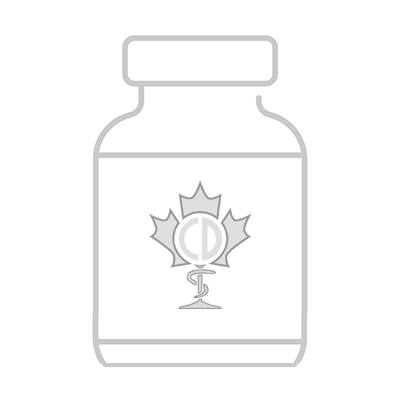What is Fetzima used for?
Fetzima (levomilnacipran) is an antidepressant categorized as a selective serotonin and norepinephrine reuptake inhibitor. Fetzima affects brain chemicals that may be unbalanced in people with depression.
Fetzima is used for the treatment of major depressive disorder.
A similar medication called Savella gets used to treat fibromyalgia. Fetzima is not an equivalent medication and is not to be used to treat fibromyalgia.

Fetzima Information
How to Use Fetzima?
Always take Fetzima according to your doctor’s instructions. Follow the directions on the prescription label and ask your doctor if you are confused. Your doctor may change your dose occasionally to ensure you’re getting the best results from your medication.
Fetzima should be swallowed whole with or without food. Never break, open, or chew the capsule. You will have to have blood pressure and heart rate checks while on this medication.
Do not stop taking Fetzima abruptly, as that can cause unpleasant withdrawal symptoms. Your doctor will help you to taper your dose.
Fetzima Drug Interactions
Drug interactions can affect how your medications work or increase your risk of side effects. Before starting Fetzima ensure that you discuss interactions with your doctor.
Fetzima interacts with the following drugs:
This is not a complete list of drug interactions with Fetzima. Always give your doctors a list of prescription and non-prescription drugs as well as herbal products you’re taking so that they can watch out for drug interactions properly. If you have any additional questions, you can talk to our pharmacists for counselling by calling 1-844-416-4282.
What are Side Effects of Fetzima?
Alongside the regular effects of Fetzima you may experience unwanted side effects. These effects range from mild to severe and some may require medical attention so ensure that you understand what to do should you encounter any of these side effects.
Check with your doctor immediately if you experience he following Fetzima side effects:
More common
- Difficult urination
- Fast, irregular, or pounding heartbeat or pulse
Less common
- Anxiety
- Blurred vision
- Chest pain or discomfort
- Chest tightness or heaviness
- Cloudy urine
- Confusion
- Decrease in the frequency of urination
- Difficulty in passing urine (dribbling)
- Difficulty with speaking
- Drooling
- Dry mouth
- Fainting
- Headache
- Irritability
- Loss of balance control
- Nausea
- Painful urination
- Pounding in the ears
- Rapid or irregular heartbeat
- Restlessness
- Shaking
- Shortness of breath
- Shuffling walk
- Slow heartbeat
- Stiffness of the limbs
- Sweating
- Trouble sleeping
- Twisting movements of the body
- Unusual tiredness or weakness
There are some less serious side effects of Fetzima that don’t usually require medical attention. These side effects generally subside as you adjust to the medication.
Check with your doctor if these Fetzima side effects persist or become bothersome:
More common
- Difficulty having a bowel movement (stool)
- Increased sweating
- Vomiting
Less common
- Abdominal or stomach pain
- Bloated or full feeling
- Decreased appetite
- Dry eyes
- Dry skin
- Feeling of warmth
- Headache, severe and throbbing
- Hives or welts, itching, or rash
- Passing gas
- Red eye
- Sudden sweating
- Thirst
- Yawning
This is not an exhaustive list of Fetmiza side effects. If you notice anything not listed here after starting Fetzima, talk to your doctor immediately.
